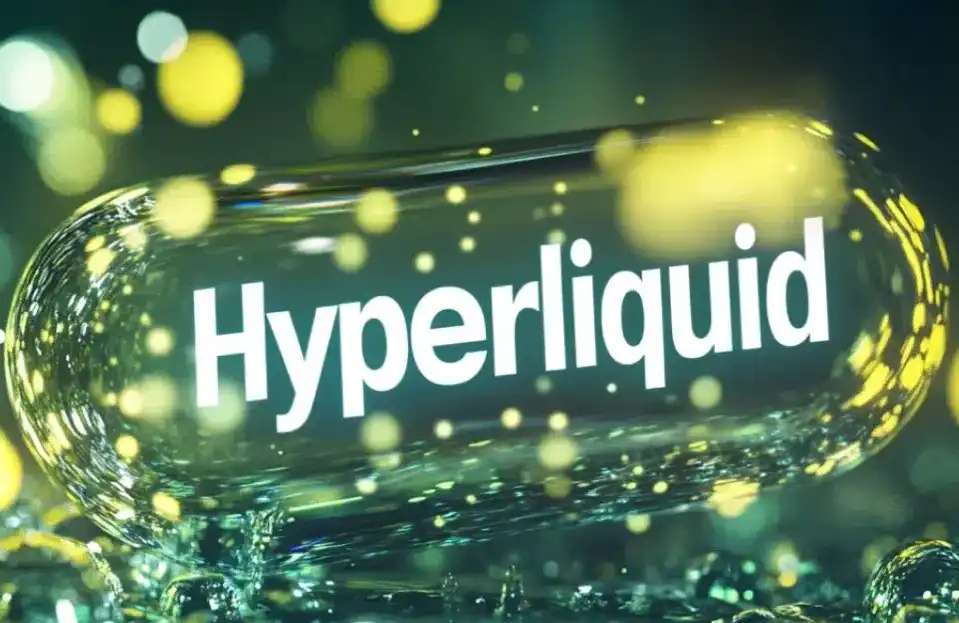The cryptocurrency world is buzzing with a significant development: the U.S. Securities and Exchange Commission (SEC) recently granted Ripple a waiver. This allows Ripple to sell securities to private investors, a move that directly contrasts a previous court ruling. This decision marks a pivotal moment, especially after years of discussions around the Ripple SEC settlement.
While this could open a new revenue stream for Ripple in the short term, it also intensifies the ongoing debate about the SEC’s consistency and impartiality. This development is certainly a topic of keen interest for anyone following cryptocurrency regulation.
A Surprising Waiver for Ripple Securities Sales
Last week, reports from BeInCrypto confirmed that the SEC granted Ripple this unexpected waiver. This means Ripple can now engage in private Ripple securities sales, even though a court had previously ruled against such actions. It is a remarkable shift in the regulatory landscape for the company.
Former SEC official Mark Pagel highlighted the extraordinary nature of this move. He explained that it is unprecedented and effectively goes against a prior court decision. What makes this situation even more complex is the lack of clear procedures to prevent such a step, even if it is later deemed illegal. This creates a fascinating precedent for future regulatory actions.
The Conclusion of the SEC Ripple Lawsuit
Adding to the week’s dramatic events, the SEC and Ripple jointly filed a motion last Friday to dismiss their long-standing lawsuit. This action officially brings the multi-year SEC Ripple lawsuit to an end. This legal battle has been a defining feature of the crypto space for a considerable period.
The dismissal of the lawsuit is a major milestone for both parties. It signifies a potential shift in their relationship and removes a significant cloud of uncertainty that has hung over Ripple and its associated digital asset, XRP, for years. This outcome has been widely anticipated and debated within the crypto community.
What Does This Mean for XRP Regulatory Clarity?
The recent developments have significant implications for XRP regulatory clarity. For a long time, the status of XRP as a security or not has been a central point of contention. While the waiver allows Ripple to sell securities privately, the dismissal of the broader lawsuit might offer some relief regarding XRP’s classification.
However, the situation remains nuanced. The waiver itself, being an exception to a prior ruling, could introduce new complexities into the broader understanding of how digital assets are regulated. Investors and developers alike are watching closely to see how this impacts the market’s perception of XRP’s future.
The Broader Impact on Cryptocurrency Regulation
This sequence of events involving the Ripple SEC settlement will undoubtedly fuel discussions about the fairness and consistency of cryptocurrency regulation in the United States. Critics argue that such waivers undermine the judicial process and create an uneven playing field for other crypto projects.
The SEC’s actions are under intense scrutiny. This situation could set a precedent for how the commission approaches enforcement and grants exceptions in the future. It highlights the dynamic and often unpredictable nature of navigating digital asset laws, emphasizing the need for clearer, more consistent frameworks for the entire industry.
Concluding Thoughts on the Ripple SEC Settlement
The recent waiver granted to Ripple and the dismissal of the SEC Ripple lawsuit represent a truly pivotal moment for the company and the broader crypto market. While Ripple gains a new avenue for fundraising through private Ripple securities sales, the decision simultaneously ignites a critical debate about the SEC’s regulatory approach and its impact on achieving genuine XRP regulatory clarity. This complex development underscores the ongoing challenges and evolving landscape of cryptocurrency regulation, reminding us that clarity in this space is a journey, not a destination.
Frequently Asked Questions (FAQs)
1. What is the significance of the SEC granting Ripple a waiver?
The waiver allows Ripple to sell securities to private investors, which is significant because it goes against a previous court ruling. This provides Ripple with a new revenue stream and marks an unprecedented move by the SEC, sparking debate about regulatory consistency.
2. Has the SEC Ripple lawsuit officially ended?
Yes, the SEC and Ripple filed a joint motion to dismiss the lawsuit, officially bringing the multi-year legal battle to a close. This marks a major milestone for both parties and removes significant legal uncertainty.
3. How does this impact XRP regulatory clarity?
The dismissal of the lawsuit and the waiver could bring a degree of XRP regulatory clarity by resolving the immediate legal dispute. However, the waiver’s unusual nature might also introduce new questions about the broader regulatory framework for digital assets.
4. What does this mean for future Ripple securities sales?
The waiver specifically permits private Ripple securities sales. This opens up new fundraising opportunities for the company, although the long-term implications for public sales or other forms of distribution remain subject to evolving regulatory interpretations.
5. How does this affect broader cryptocurrency regulation?
This event intensifies the debate over the SEC’s fairness and neutrality in cryptocurrency regulation. It could set a precedent for how the SEC handles enforcement and exceptions for other crypto projects, highlighting the need for more consistent and transparent regulatory frameworks across the industry.
If you found this article insightful, consider sharing it with your network! Stay informed on the latest developments shaping the dynamic world of cryptocurrency by sharing this post on social media.
To learn more about the latest explore our article on key developments shaping cryptocurrency regulation price action.




